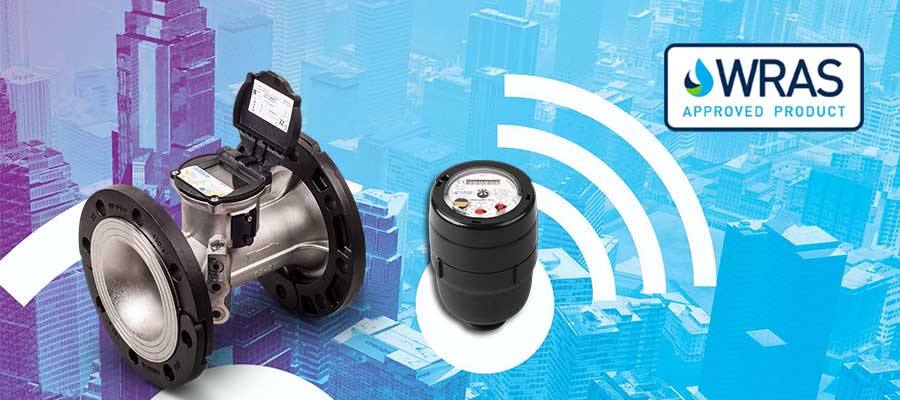Arad services tens of countries around the globe so we have to be familiar with all the water standards. During the next few months, we are going to look at different countries and explain their water testing and other water-related rules and regulations that concern us as suppliers of water metering systems. We’ll start with a look at UK water regulations.
The UK has three different organizations that are responsible for different aspects of effective water management and the safety of water-related products. The British government takes great pride in meeting all of the required standards whether it be by geographical location, the actual water usage itself, or technologies involved in water testing.
United Kingdom Technical Advisory Group (UKTAG)
The EU’s Water Framework Directive requires all European countries, including the UK, to set up and meet environmental objectives for all of their water sources. UKTAG is responsible for ensuring that fresh, surface, marine, and underground water meet both UK and international standards. In addition to testing the quality of water, UKTAG tests the health of the fauna and flora in the vicinity of natural water sources, and especially fish and other aquatic life.
In addition, UKTAG is the governing body that oversees Natural Resources Wales (NRW), Scottish Environment Protection Agency (SEPA), as well as the Environment and Heritage Services (EHS).[1]
Drinking Water Inspectorate (DWI)
The DWI was formed in 1990 to ensure that drinking water for England and Wales is fit for consumption. The Chief Inspector is appointed by the Minister of the Department of Environment, Food and Rural Affairs (DEFRA).
The DWI is a small independent company that makes sure that all testing in England and Wales is carried out in a correct and timely manner. Any complaints made about this to England’s water companies are turned over to DWI, which makes sure that the complaints are dealt with as required by UK and WHO guidelines, as well as ensuring that the problems do not recur.
DWI’s responsibilities within the UK water regulations also include managing DEFRA’s water quality and health programs, product approval and industry data pertaining to drinking water. In addition to ensuring that the Drinking Water Directive is upheld by public water companies, the DWI is responsible for ensuring that all private water suppliers in England and Wales meet the national standards for consumption, testing and risk management. [2]
Water Regulations Advisory Scheme (WRAS)
WRAS deals with all water-industry-related products and accessories in the United Kingdom. For example, Arad’s flagship water meters such as Octave, Sonata, and the Gladiator series, are all WRAS-approved. In addition, WRAS is responsible for accrediting and approving plumbers and contractors through their daughter organization, Water Industry Approved Plumber Scheme.
The funding for WRAS comes from the 26 water companies across the UK. Additional funding comes from approved manufacturers and from applicants seeking approval. The WRAS’ mission is to encourage water efficiency, reduce leakage, safeguard the quality of drinking water, and to support and enable collaboration and innovation in the water industry.
WRAS’ day to day work involves:
- Providing courses in best practices for everything concerned with water fittings.
- Encouraging the development of channels of communication among all the different parties involved with the water industry, including water testing, plumbing, and water fitting installation.
- Educating plumbers, employers, and consumers about water industry rules and regulations.
It should be noted that WRAS has been responsible for ensuring that the rules and regulations concerning COVID 19 are being communicated and upheld by all authorized service suppliers and plumbers in the United Kingdom. [3]
The Final Word
While the World Health Organization, the European Union, the EPA and other international bodies set up rules and regulations to keep the quality of our water and water sources at an acceptable health level, it’s the local governments that need to ensure that the rules are upheld.
Since these rules and guidelines cover a large and diverse array of technologies and components across significant geographic distances, most first world countries require multiple government agencies to ensure our health and sustain our water sources.
We can all learn from the UK water regulations how to integrate and coordinate all of the required tasks in order to provide a first-rate service to all.
References
[1] UK Environmental Law Association, Law and Your Environment 2017
[2] DWI, Drinking Water Inspectorate June 15, 2020
[3] WRAS, WRAS About Us, August, 2020
